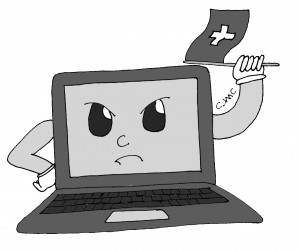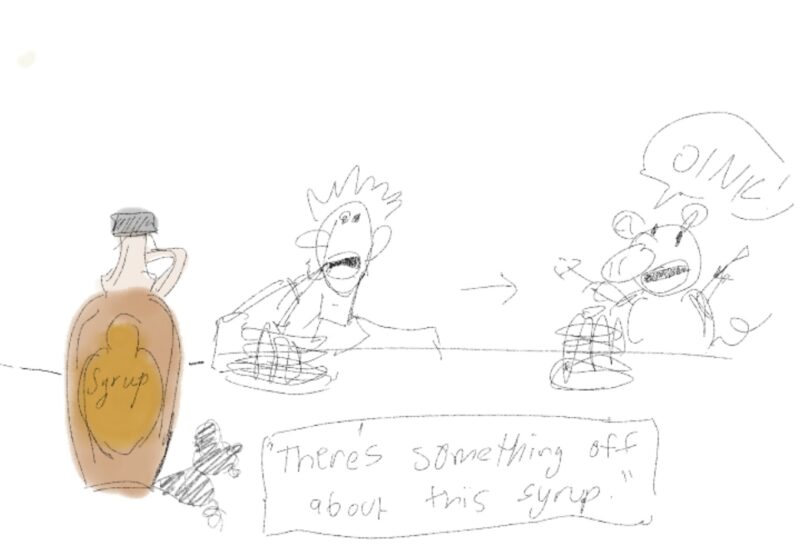Freedom, equality and opportunity—standard ideals of American politics. Ideals as vague as they are loved, they were invoked again with the Federal Communication Commission (FCC)’s passage of stronger net neutrality rules on Feb. 26.
These rules are actually fairly uncontroversial. Multiple internet service providers (ISPs) have already been following them. Don’t block access to websites if the content is legal. Don’t intentionally slow down some content or speed up others. Make your operations transparent to everybody so no one can unfairly benefit from that knowledge. Don’t implement pay-to-play “fast lane” services. Basically, the rules ensure that ISPs cannot unfairly give preferential treatment to some groups and discriminate against others. There are other important details but, generally, these rules are right in line with the ideals of a free society.
The caveat is that in order for these rules to have any legal weight, the government has to vastly increase its power over the Internet. Broadband is now subject to Title II regulations, akin to other utilities, and their overuse can cause a multitude of issues.
FCC Chairman Tom Wheeler emphasizes the light touch they will use in their regulatory practices. He says that the Internet will be regulated no more than free speech is regulated by the First Amendment. Maybe that is true, and the government really won’t fully exploit all of its new powers. And maybe the alcoholic goes to the bar so he can eat some peanuts and watch the game.
But, really, what is the alternative? Do we reject the regulatory practices of the government in favor of the exploitative practices of the ISPs? Do you trust the government more than you hate your ISP? At least with the government involved, it’s the company getting screwed and not the costumer.
Ultimately, it doesn’t even matter who does what or even what they do. All that matters is how people are affected. And in this sense, the FCC’s decision on Net Neutrality might not even matter.
Think about the differences in your Internet experience before and after the proposal passed. Will you even notice whether or not you have a better internet experience? Nobody likes their ISP, but it is not like they were being particularly obnoxious. Most people’s browsing habits are completely unaffected by these net neutrality rules. In the short term, no one will notice any difference.
Whatever effects we might see will arise gradually and perhaps unpredictably. The FCC is betting that the state of the future Internet will be healthier with government regulations and protections than without. It is a call back to the monopolies of the early 20th century. The lack of competition allowed them to do whatever they desired, which often included exploiting workers and customers for greater profit. The FCC is heading off a potential for ISP companies to further ingrain their exploitative tendencies.
Davrenov is a member of the class of 2017.






